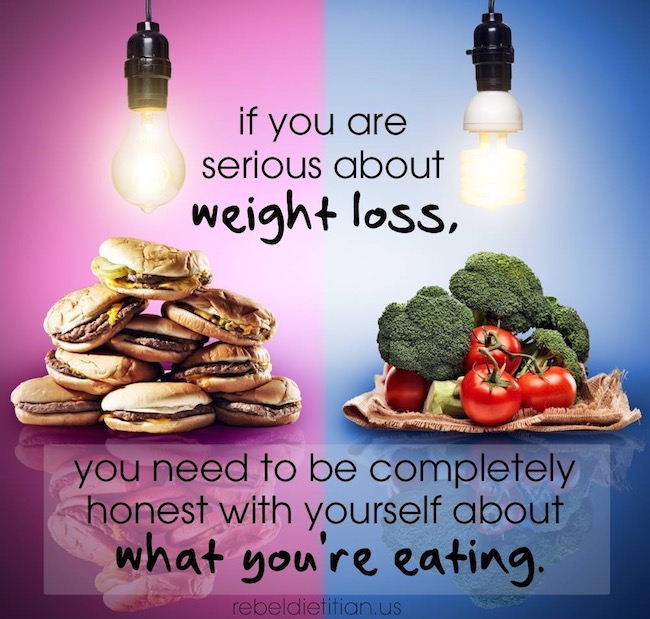A bit of a generic title but i grew up in BC and I can tell you that years ago there were many people in school who along with me ate a ton of junk food and pop for lunch and snacks. Well it seems that British Columbia has banned junk food in schools which is a really great start to showing young people that they need to find an alternative. The touble is that whenever there is a heavy handed method of banning something everyone wil;l want to find a way around it.
Chocolate bars, salt and vinegar chips and ice cold root beers have been expelled from B.C. schools as the government starts the new school year on a health kick.
Education Minister Shirley Bond says a healthy body really does promote a healthy mind, and B.C. schools will be the healthiest in the country.
Junk food has been banned from all public schools and students from kindergarten through to Grade 12 will be required to complete 30 minutes of physical activity a day, or the equivalent of 150 minutes of exercise a week, she said.
“This is prompted by the fact that one in four children in British Columbia is either over or obese,” said Bond. “We actually know that children who are healthy actually learn better.”
She said B.C.’s junk food ban combined with its daily exercise program gives the province the most aggressive health program in Canada.
Students from kindergarten to Grade 9 will be required to do 30 minutes of physical activity each school day, Bond said. Secondary school students in Grades 10 to 12 must complete 150 hours of exercise a month.
Bond said the secondary students have the opportunity to add their extracurricular activities to their monthly goal. That means if they play hockey, take dance classes or walk or ride their bike to school those activities will be counted, she said.
“It’s basically giving schools some flexibility,” said Bond.
She said she doesn’t expect teachers to institute rigorous exercise routines for children. Activities like pretend walks across Canada can become parts of daily recess breaks, Bond said.
“It is not just about physical education classes,” she said. “We really hope the (physical break) is about how the teachers shape their classes.”
The province-wide school junk food ban coincides with an earlier ban on junk food at B.C. elementary schools.
Bond said she also expects to see school cafeterias and vending machine companies using their creativity to produce and sell food to students that is interesting and healthy.
“We’ve created a series of guidelines that actually outline the types of products that can be in a vending machine,” she said. “It doesn’t mean that a student couldn’t have pizza. It’s just a matter of what’s on that pizza.”
Bond said she’s actually heard some vending machine companies are preparing to put vegetables in their school machines.
The government’s food guidelines are modelled on the Canada Food Guide, she said.
The president of the B.C. Teachers’ Federation said teachers support the removal of junk food from schools, but have their fingers crossed the veggie-filled vending machine idea takes off because many schools use those machine revenues for student projects and activities.
“We agree with the minister on the junk food,” said Irene Lanzinger. “Absolutely, teachers are behind that. (But) that revenue was funding sports teams, special events and, in some cases, text books and basic supplies.”
Teachers have concerns about the daily exercise require, not because they don’t believe in getting kids in shape, but because the government added the requirement without providing extra resources to make room for the activities, she said.
“You can’t add P.E. in schools without adding space for that and resources for that,” said Lanzinger. “We don’t have the gym space. In Vancouver it rains a lot and you can’t have kids out there on the field in the pouring rain, and in many parts of the province it’s very cold in the winter.”
But teachers believe in teaching students about the benefits of lifelong nutrition and the importance of exercise, she said.
Opposition New Democrat education critic Norm Macdonald said the government’s healthy living program puts an extra load on teachers who already put in full days.
He said health program also avoids the major issue plaguing education in British Columbia – overcrowded and underfunded classrooms.
Last year, there were 10,000 B.C. classrooms with more than 30 students or classes with more than three students with special needs, Macdonald said.
“Fundamentally, you need to have classrooms that are going to be as effective as possible,” said Macdonald.
But he said there are too many overcrowded classrooms and too many classes without the resources and supports to help special needs students.
Lanzinger said the teachers’ union has met with the education ministry to discuss class sizes and specials needs students.
“We continue to struggle to convince the government to address resources there,” she said.
Bond has often said the government has increased school funding by more than $1 billion despite enrolment declines of more than 50,000 students.


